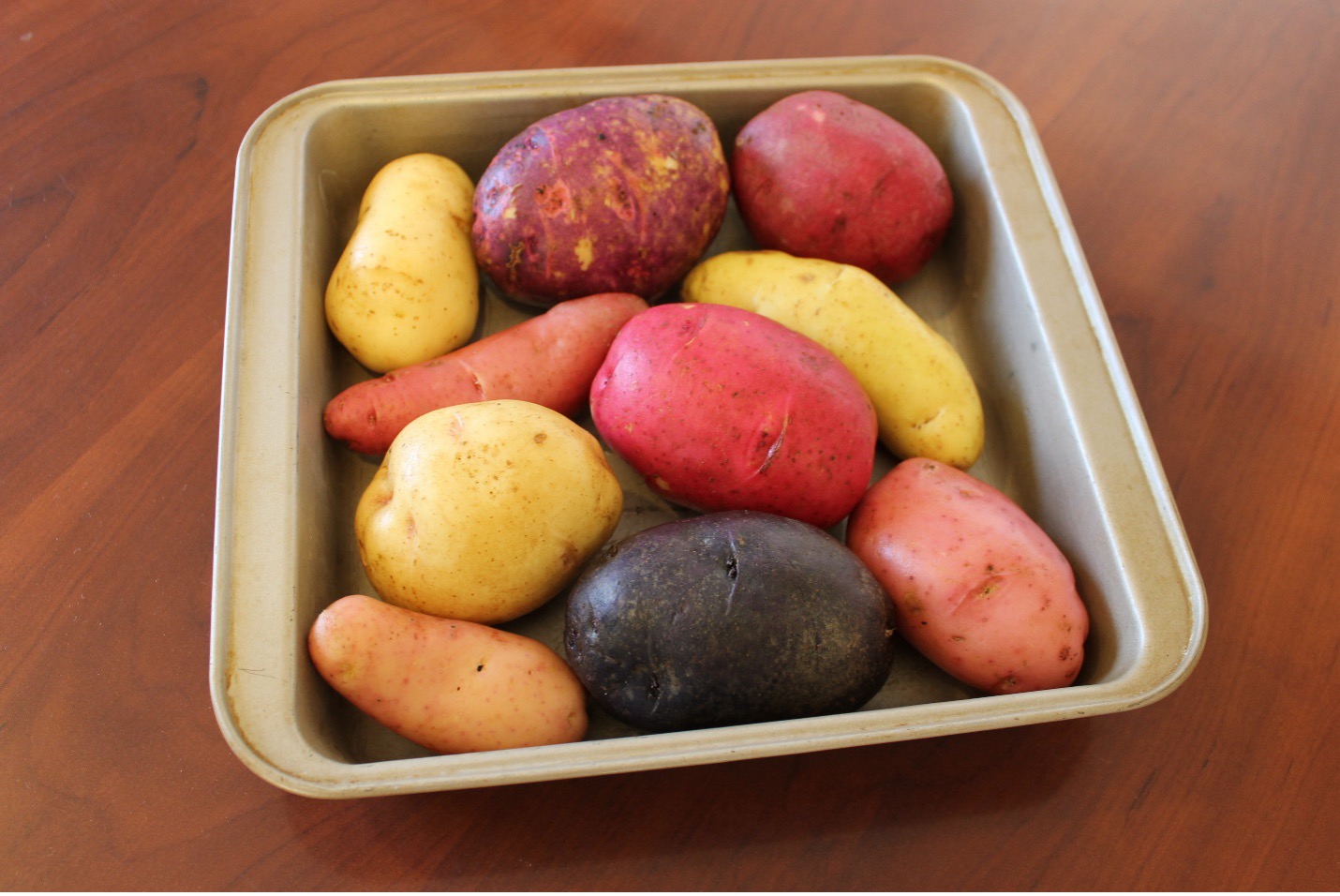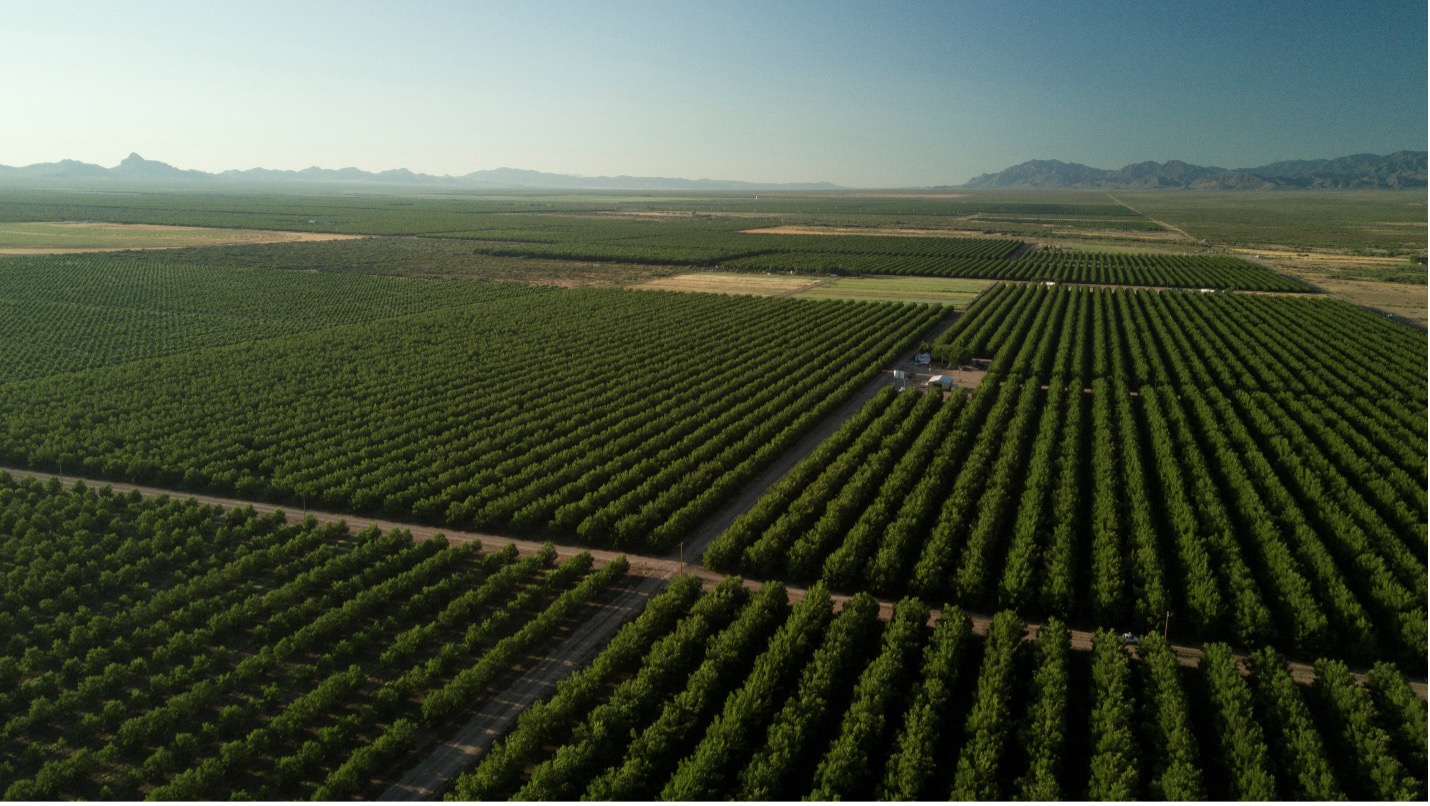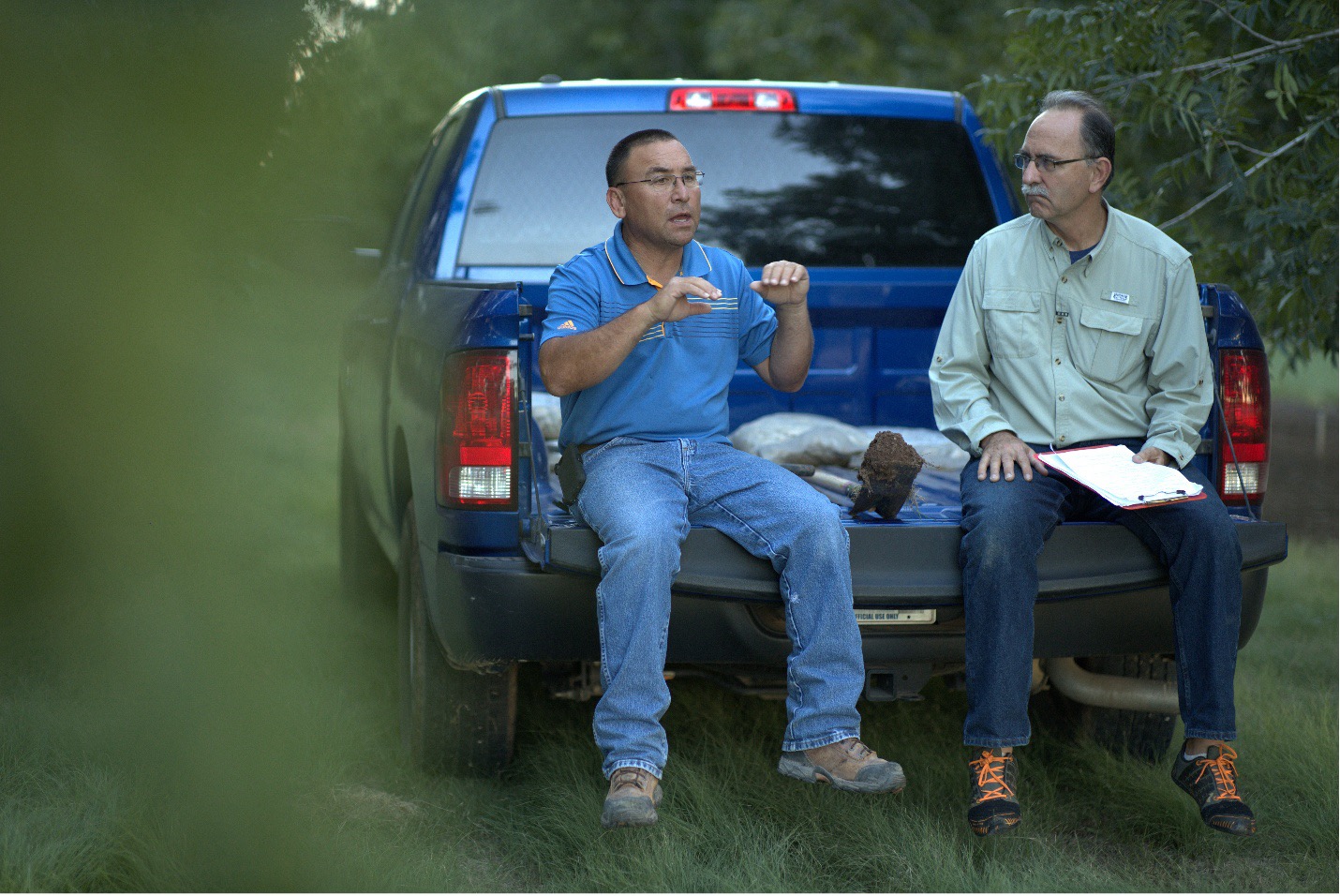
Brendon Rockey’s farming philosophy is clear: reduce what you don’t need, focus on soil biology, and grow a better crop with fewer inputs. At Rockey Farms in Center, Colorado, that approach has yielded consistent potato production while significantly cutting costs and improving quality.
“We’ve been able to maintain our yields,” says Rockey, “but what we have been able to do is reduce our cost of growing that crop.”
It’s a powerful message for any grower looking to stay competitive while managing ecological and economic uncertainty. And Rockey’s system proves that it’s not only possible, it’s also sustainable.

From Synthetics to Compost: A Shift in Foundation
Early in Rockey’s transition away from synthetic fertilizers, he knew he’d need an alternative fertility strategy. “As long as I’m harvesting a crop and exporting nutrient, I’m going to have to replace that at some point,” he explains. Compost became the cornerstone of that strategy.
Rockey began applying three tons per acre of compost annually in a traditional potato-barley rotation. The compost delivered not only NPK but also vital micronutrients and organic matter to feed soil microbes. It worked well, but the shift didn’t stop there.
Once he introduced more legumes into his cover and companion crops, Rockey saw nitrogen-fixation start to naturally replace compost needs. “That three tons every year became excessive,” he says. “We still pull soil samples every spring… and three tons per acre was too much.” Over time, they scaled back to two tons, then to 1.5 tons every other year.
By trusting both observation and science, like regular soil testing, Rockey refined his fertility program and saved money in the process.
Managing for Margins, Not Maximums
Yield is often treated as the gold standard for success, but Rockey challenges that narrative. Especially with his specialty potato varieties like fingerlings, size and quality often matter more than sheer tonnage.

“People always want to find out about yield,” he says. “But the way we look at it is… our inputs have gone down, the yield is remaining the same, but the quality of the crop has improved drastically.”
That quality improvement shows up in real, economic ways:
• Better storability of potatoes
• Fewer issues during packaging
• Less crop rejection in sorting and warehouse processing
• Higher market premiums for specialty sizes
“When we run them through the warehouse and package them, we have less sort out,” Rockey explains. “That’s more beneficial to us economically than just improving yield.”
It’s About Profit, Not Just Production
Rockey’s approach is rooted in one key shift: thinking in margins, not maximums. “Our focus wasn’t so much on income,” he says. “It’s on margin—profit. How much money are we making off of that acre?”
For many growers, input reductions come with fears of yield loss. However, Rockey’s experience proves that when soil health is prioritized and soil biology is supported, input reductions can happen without compromising yield, and often comes with gains in other areas, like labor savings, fuel use, and crop quality.
This philosophy aligns closely with what we emphasize at Soil Health Labs: improving soil function leads to more efficient systems, healthier crops, and stronger bottom lines.
Science-Backed Simplicity
What makes Rockey’s method powerful is that it’s not a guess, it’s quantified and measured. He continues to monitor soil nutrient levels every year to avoid both deficiency and excess.
Key changes on Rockey Farms include:
• Gradual reduction of synthetic nitrogen use (now zero on most of his fields)
• Adjustments to compost rates based on regular soil sampling
• Leveraging legume diversity to naturally fix nitrogen in the rotation
• Relying on companion crops to reduce fertilizer and pesticide needs
By supporting microbial life and improving organic matter, Rockey is building soil that does more of the work for him.

Takeaways for Any Grower
Whether you grow potatoes or peanuts, corn or cover crops, the principles behind Rockey’s system are universal:
• Use soil tests to guide inputs—don’t guess.
• Transition away from synthetic fertilizers gradually, using compost and legumes as biologically active alternatives.
• Focus on quality, not just yield. Especially with high-value crops, small improvements in storability or market grade can outweigh tonnage.
• Track margins. Measure profitability per acre, not just gross yield.
These are the same principles we promote through our How To Soil Health series, where real farmers like Brendon are showing how these concepts work in real-world conditions.
Watch the full video on how Brendon Rockey reduced inputs while improving crop quality and profitability here.







